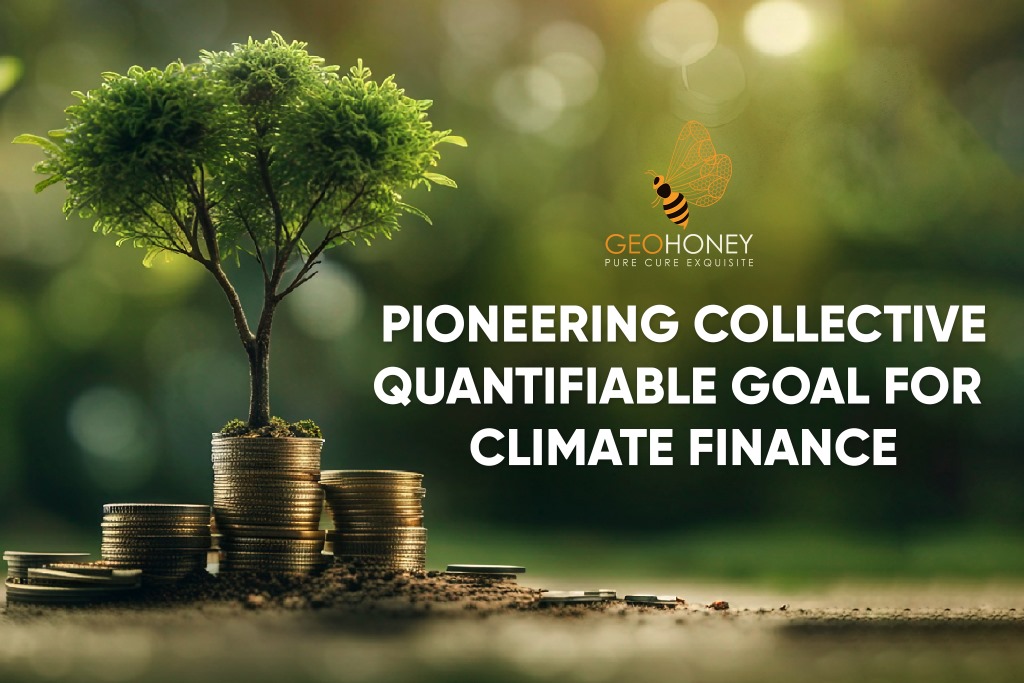- Tokyo: 16:06
- Singapore: 15:06
- Dubai: 11:06
- London: 07:06
- New York: 02:06
Work on New Collective Quantifiable Goal for Climate Finance

The Bonn Climate Conference in Bonn last month marked the midway point in the process of defining the new collective quantified Goal (NCQG) for climate finance.
Under the Paris Agreement, states agreed to establish the NCQG from a base of USD 100 billion per year, taking into account poor countries' needs and objectives. The process began in early 2022 and is expected to be completed by the end of 2024.
"The new climate finance goal is an opportunity to rebuild confidence in the transformational change that is required - to mobilise and deliver finance in a way that addresses the needs of developing countries," said UN Climate shift Executive Secretary Simon Stiell.
An intensive series of technical expert workshops (TEDs) is underway in the run-up to 2024. The fifth TED, held earlier this year, produced ideas for the NCQG's time frames and structure. The co-chairs of the ad hoc work programme on NCQG, Fiona Gilbert and Zaheer Fakir, led the debate at the most recent technical workshop, TED 6, in Bonn, concentrating on two critical features.
The first was about quantity, namely how to specify the overall amount of the financial goal and other related quantitative factors. The other issue was the mobilisation and provision of financial resources, namely how to decide the sources of financing for the amount to be set, which might be both public and private.
While there was less attention on specific solutions at TED 6, there was more clarity on how to approach the goal quantity and other possible quantitative factors, as well as source identification. There was also agreement that the quantum (the required quantity) of the NCQG should be set depending on countries' needs and priorities.
The needs of developing nations for climate finance are in the trillions of dollars:
It is unclear whether the NCQG for climate financing will handle all of developing countries' climate finance needs, which are projected to be in the trillions of dollars, or merely a portion of them.
Experts also agreed that international public finance from developed to developing nations will be critical as the NCQG's primary source of funding. They recognised, however, that this would not be adequate to address all of the requirements and priorities of developing countries. As a result, the NCQG work programme investigated other sources of support, including private investment. More conversations and explanations are required to determine the sources of the goal.
A glance ahead
The NCQG will be discussed more at TED 7, which is currently scheduled for the third quarter of 2023. The theme of this session will be "quality" and "transparency arrangements."
The co-chairs have issued an invitation to Parties and non-Party stakeholders to offer comments on TED 7 using the submission portal by Monday, August 14, 2023. Furthermore, TED 8, which will be held in Dubai prior to COP28 in November, will provide an opportunity to revisit topics mentioned during the year and address outstanding questions based on intersessional work.
Source: unfccc.int



